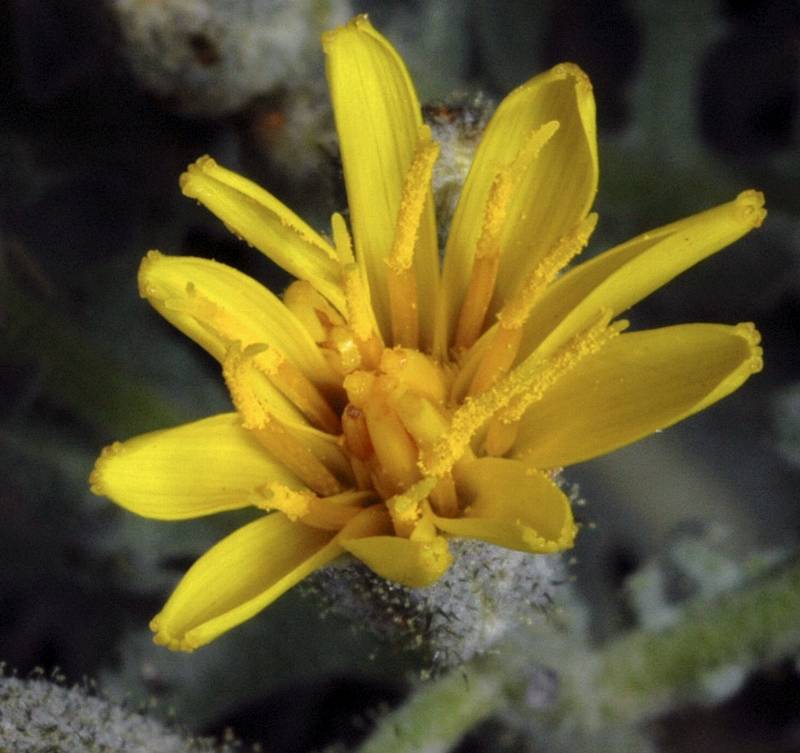Hosted by the University of Washington Herbarium, Burke Museum
Publication: J. Acad. Nat. Sci. Philadelphia. 7: 29. 1834.
Origin: Native
Herbarium search: CPNWH
Notes: Taxonomy follows Stebbins in Jepson Manual in not recognizing subspecies in species of Crepis that are largely apomictic. FNA19 does recognize four subspecies.
FNA19:"Crepis occidentalis is recognized by the old, brown leaf bases persisting on caudices, by stems, leaves, and phyllaries gray-tomentose, and by loose, corymbiform arrays with relatively few, relatively large heads. It is widespread and polymorphic. Some specimens have coarse setae or black, stipitate glands on the phyllaries in addition to the tomentose indument, the stipitate glands sometimes extending proximally on stems. Four intergrading subspecies were recognized by E. B. Babcock (1947). The sexual diploid forms are found in subsp. occidentalis and occur in northern California and adjacent Nevada. The other subspecies are polyploid and apomictic (Babcock)."
Last updated 8/6/2020 by David Giblin.

